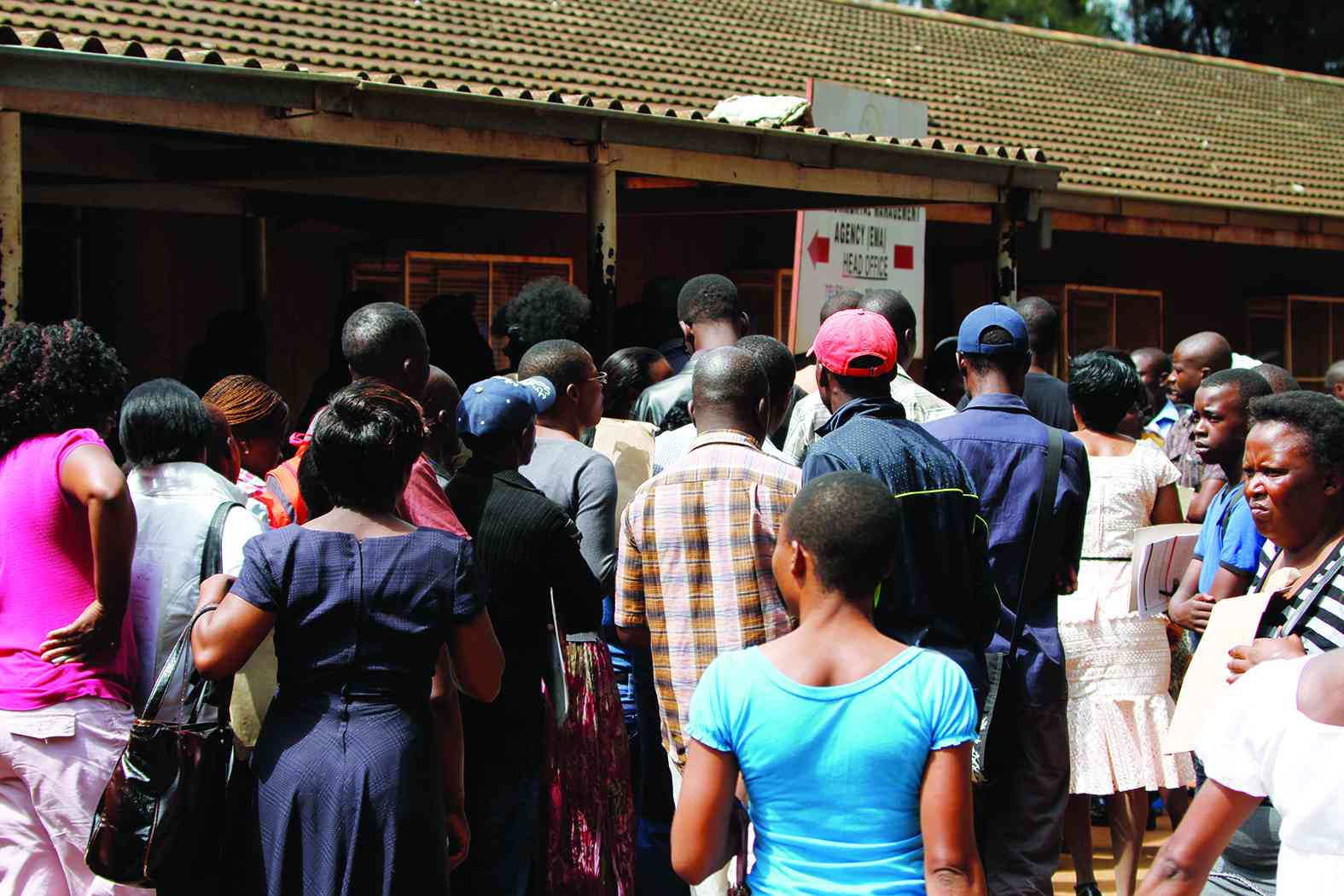
GOVERNMENT has announced new fees for accessing citizenship, identity documents and birth certificates, among other key personal documents.
For instance, if one wishes to replace their lost or defaced metal or synthetic polythene identity documents they are required to pay US$10 for local residents, while non-residents pay US$15. Those wishing to urgently replace lost or defaced metal or synthetic polythene identity documents pay a little extra: US$20 for residents and US$30 for non-resident.
While this is all well and good, we all hope that it will now make it easier for everyone to have unfettered access to these essential documents which have largely been difficult to access. One would dread to lose documents because the nightmare of replacing them was horrendous.
We are, however, curious to know why is it becoming this expensive to replace these documents? Losing one’s documents has now been effectively turned into a crime, punishable by these high fees, yet replacing the documents requires one to retrieve already available information in the database.
The new fees insinuate that people who lose their documents are negligent and they should, therefore, be penalised for being “careless”.
It is quite sad that access to key documents is now being so monetised that it is increasingly becoming a luxury to access these official papers.
All things being equal, access to personal documents should be free of charge through a government subsidy because citizens have a right to unhindered access.
It is, in fact, tragic that accessing the documents for the first time is such a nightmare that once one has been issued with them they cannot afford to lose them. Unfortunately, some end up losing them along the way.
- Teachers, other civil servants face off
- Veld fire management strategies for 2022
- Magistrate in court for abuse of power
- Vungu Dam water treatment and irrigation project takes off
Keep Reading
For some citizens, it is even worse, they have for years been Stateless and government has never really bothered to make an effort to give them the documents. What chance do these Stateless nationals have to access the vital documents when government is now charging an arm and leg for them?
A case in point which springs to mind is that of survivors of the 1980s Gukurahundi atrocities in Matabeleland and Midlands provinces.
Revisiting a Zimbabwe Human Rights Commission (ZHRC) report produced last year on this issue may help to drive our point home.
ZHRC noted, among many issues, thus: “Adverse effects of Gukurahundi on accessing national documents, particularly birth certificates and national identity documents are still being experienced. Many people lost documents because of Gukurahundi. Citizens failed to get death certificates from the DRG (Department of the Registrar General)’s office in cases of missing persons from the Gukurahundi period in the 1980s and this has resulted in generations of undocumented persons.
“People affected by Gukurahundi cannot get birth certificates and national identity documents in many instances because they are required to produce death certificates of their parents (who died or went missing during Gukurahundi) or, in the absence of a death certificate they are required to bring witnesses, who are often scared to testify about the death of their relatives.
“Elderly persons above the age of 60 years who have identity cards without birth certificates find it difficult to get birth certificates because the DRG’s offices asked for either their parents or witnesses who are 10 years older than them — a requirement that is difficult to fulfil. In addition, the DRG officials do not find it necessary to issue birth certificates to elderly persons because they can be issued with passports without birth certificates. This fact is, however, unknown to many of the elderly persons.”
Added to this conundrum, government is now charging a bomb to such hapless people for them to access these critical documents. This is quite depressing to say the least.









